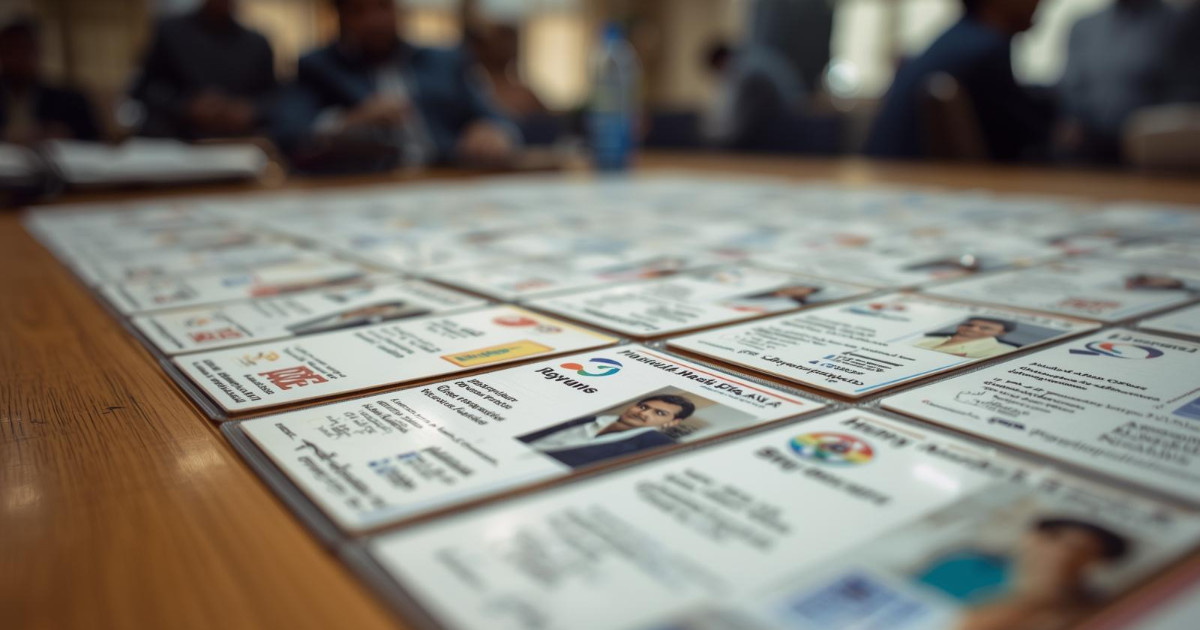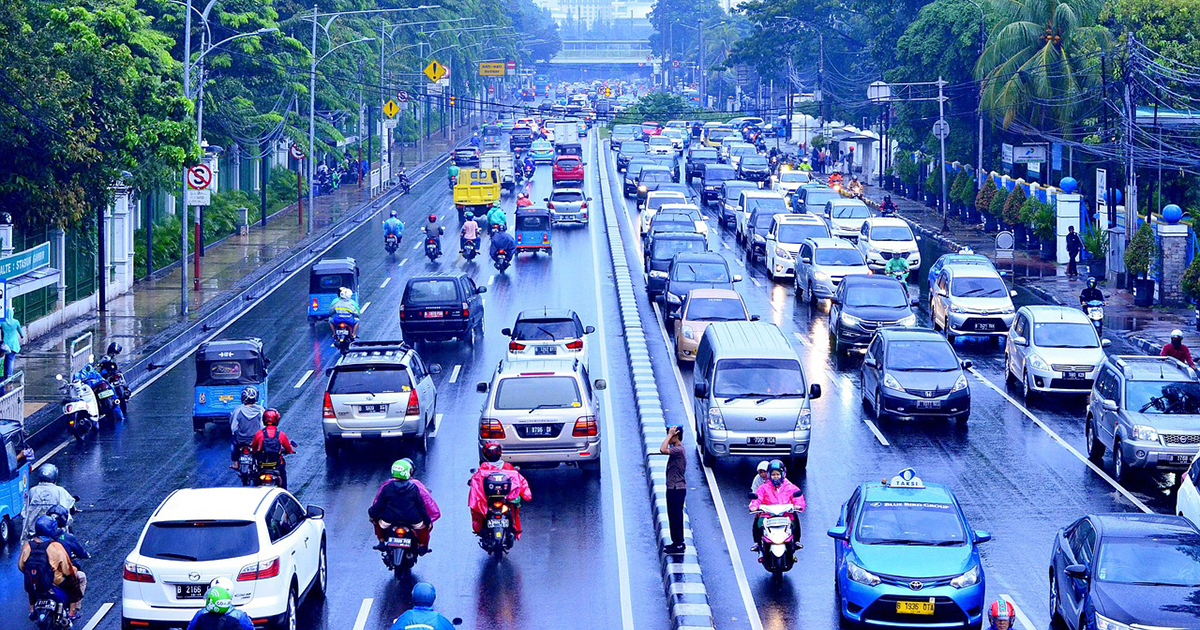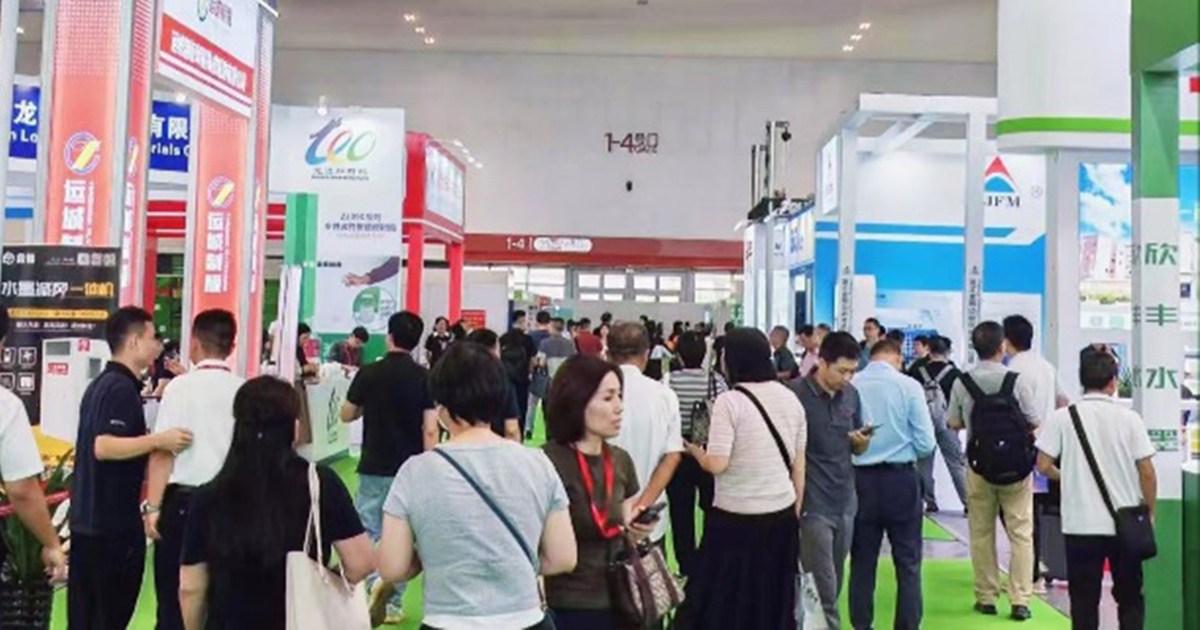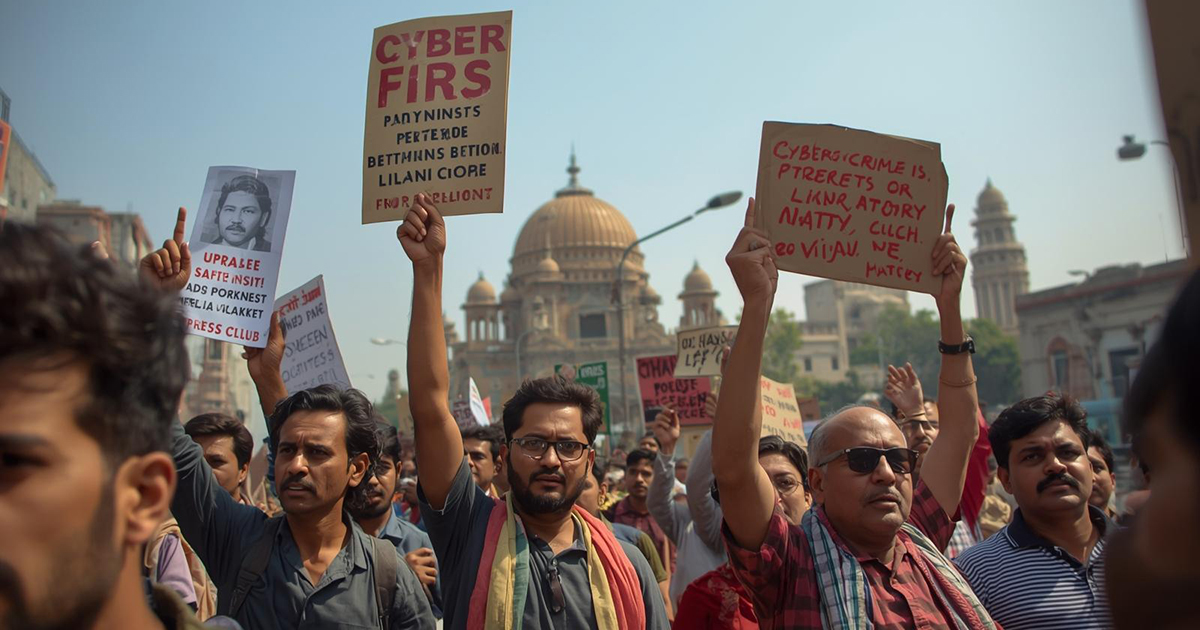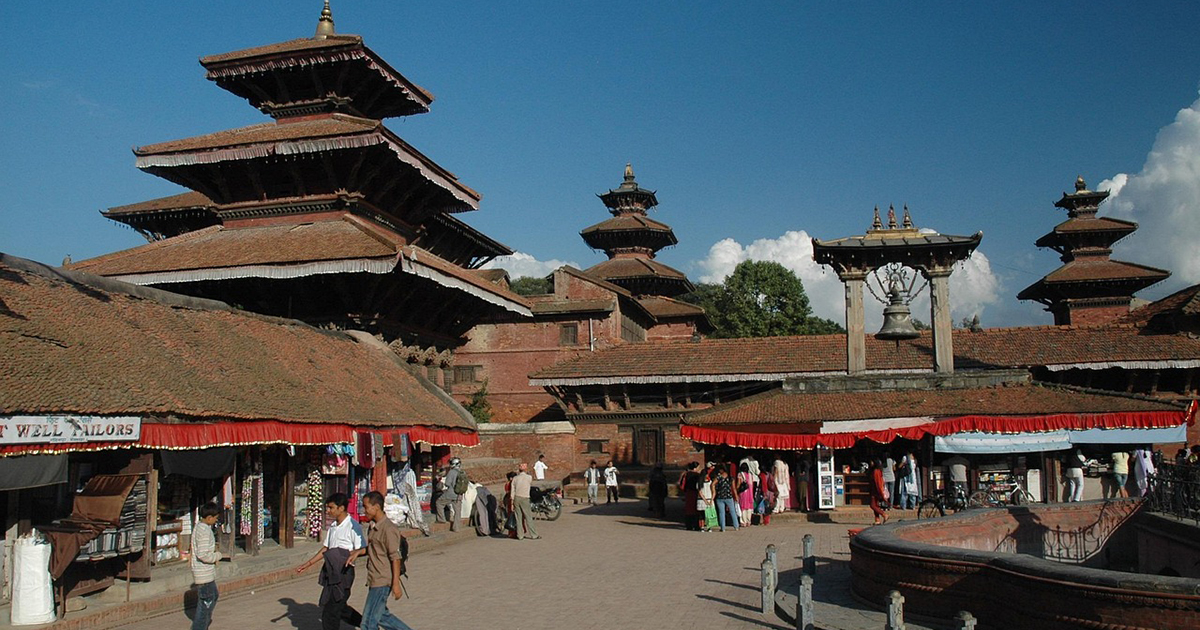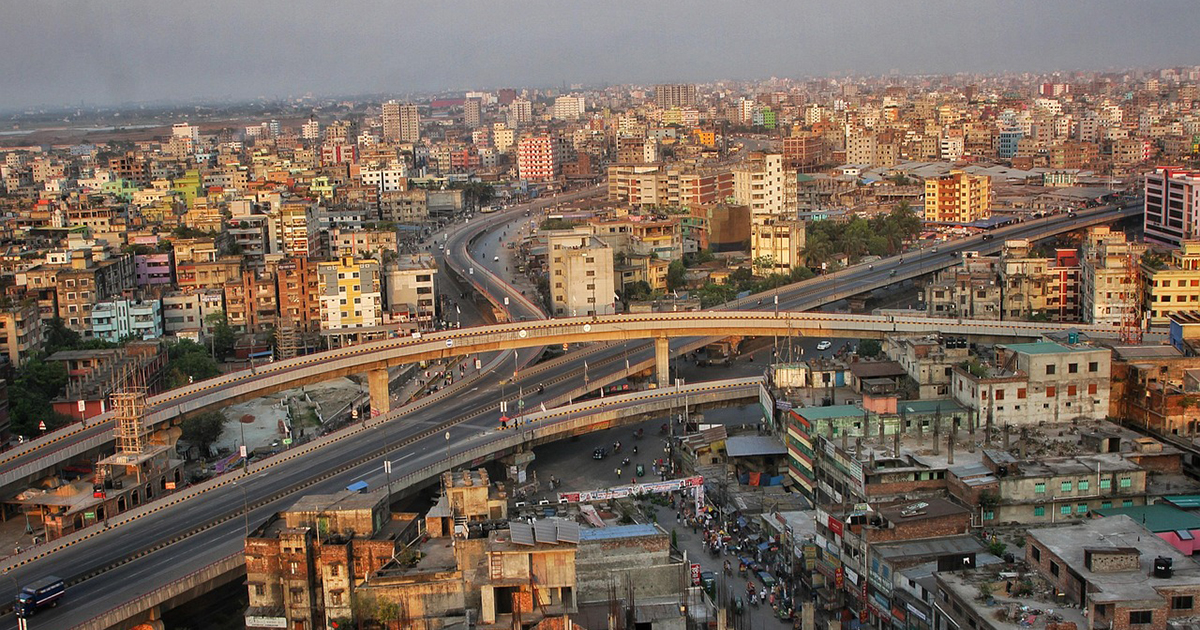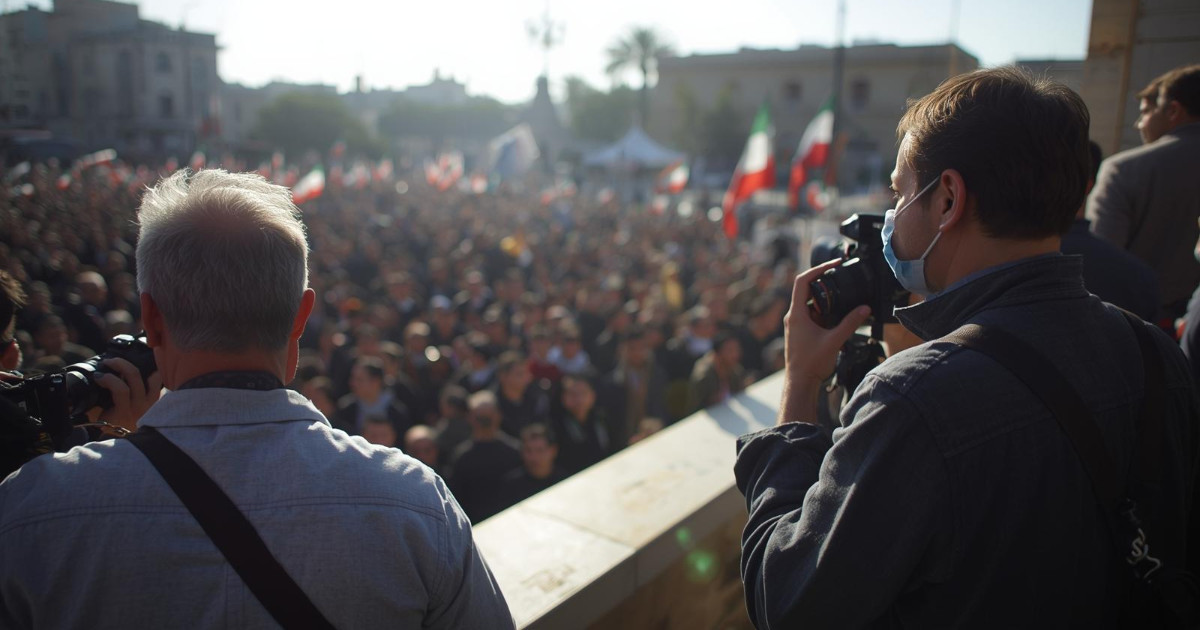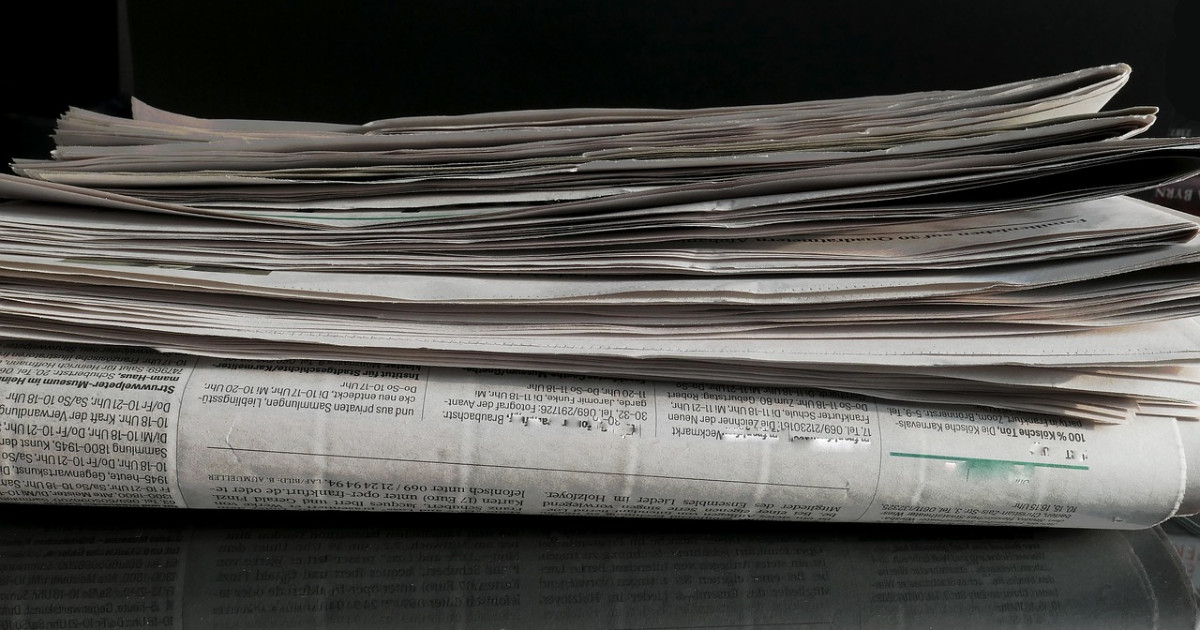Asia sees rising press freedom risks amid China-style controls
JournalismPakistan.com | Published: 20 November 2025 | JP Asia Desk
Join our WhatsApp channel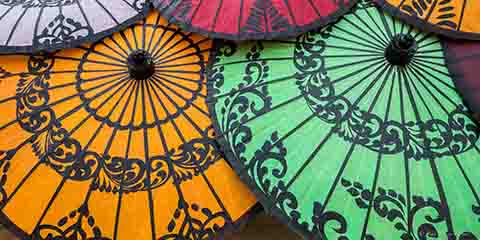
A Reporters Without Borders report reveals a decline in press freedom across Asia, particularly in Myanmar, Cambodia, and Hong Kong. These countries are increasingly adopting restrictive methods similar to those in China, posing risks for journalists and independent media.Summary
GENEVA — Press freedom across Asia is showing alarming signs of decline as governments increasingly adopt China-style methods of information control, according to Reporters Without Borders. The RSF Asia-Pacific index highlights intensifying crackdowns in Myanmar, Cambodia, and Hong Kong, signaling growing risks for journalists and independent media outlets. RSF warns that these trends undermine the ability of citizens to access unbiased news and weaken democratic accountability.
Rising Risks for Journalists in Key Countries
In Myanmar, authorities continue to restrict reporting on political developments, with journalists facing arrests, harassment, and intimidation for covering protests or criticizing the government. Cambodia has seen similar patterns, with independent media pressured to align with official narratives or risk closure. Hong Kong, once a regional hub for free journalism, is experiencing tightened regulations and widespread self-censorship among news organizations.
Regional Trend Mirrors China-Style Control
These developments reflect a broader regional pattern of governments seeking tighter control over information, mirroring strategies long used in China. Experts warn that the implications go beyond journalism, potentially affecting public awareness, policy debates, and civic participation. The RSF report underscores the urgency for international attention and support for independent media in the region, stressing that without protective measures, press freedom across Asia could face irreversible erosion.
KEY POINTS:
- RSF Asia-Pacific index shows declining press freedom across several Asian countries
- Governments in Myanmar, Cambodia, and Hong Kong are increasingly adopting China-style controls
- Journalists face harassment, arrests, and self-censorship in restrictive environments
- Independent media outlets struggle to maintain editorial independence under pressure
- Regional trends threaten democratic accountability and public access to unbiased information



